Supporting Success for an Autistic Child Age 0-7 [presentation]
This presentation by Dr. Joan Baran and Gina Baldi, MeD, focuses on the ways in which you can support a young child who is on the autism spectrum. Among the topics covered: what is needed for successful social interactions, facilitating one-on-one interaction, creating the environment and opportunities for interaction, and finding teachable moments. Read more ›
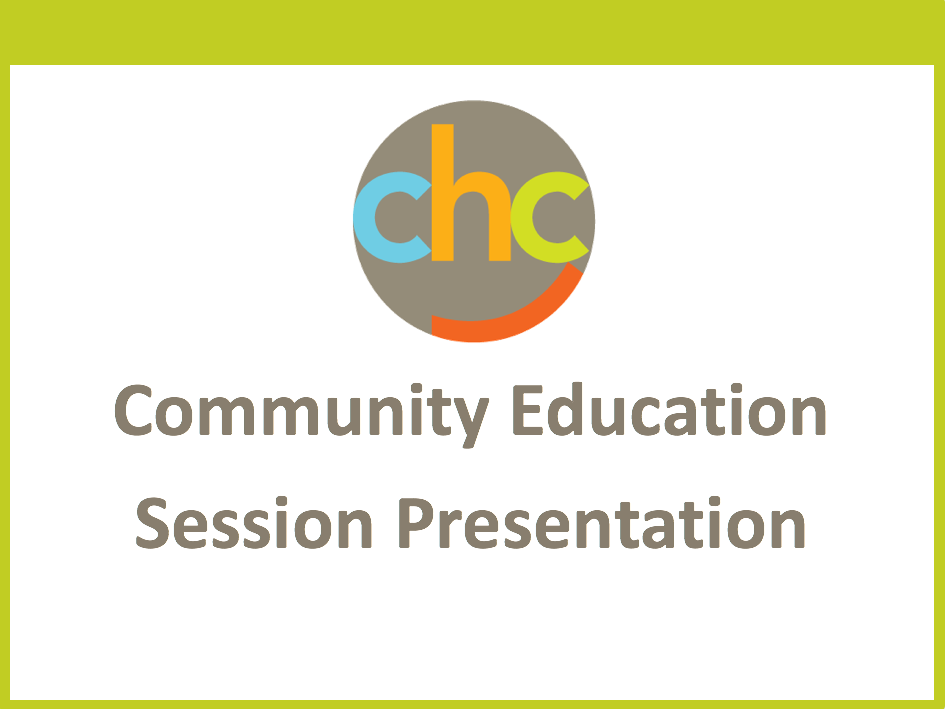
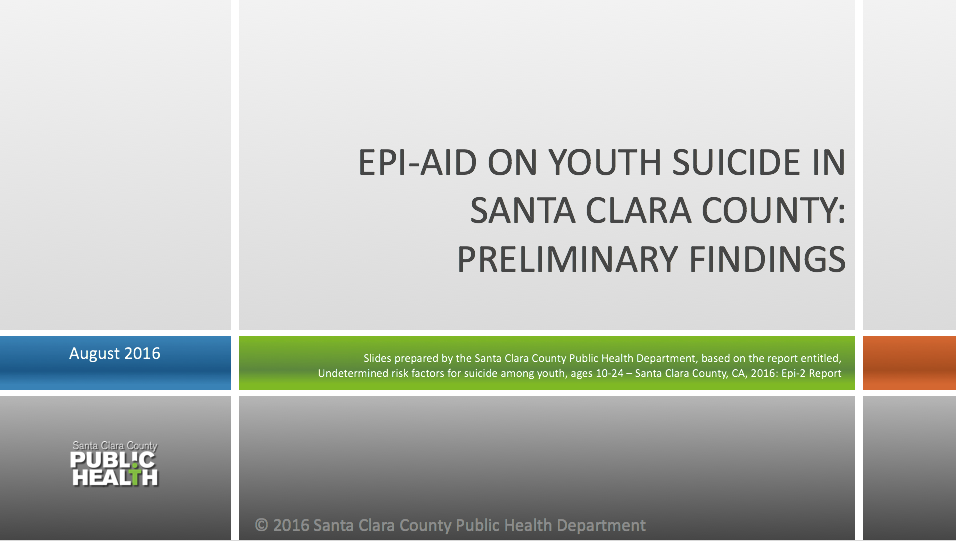
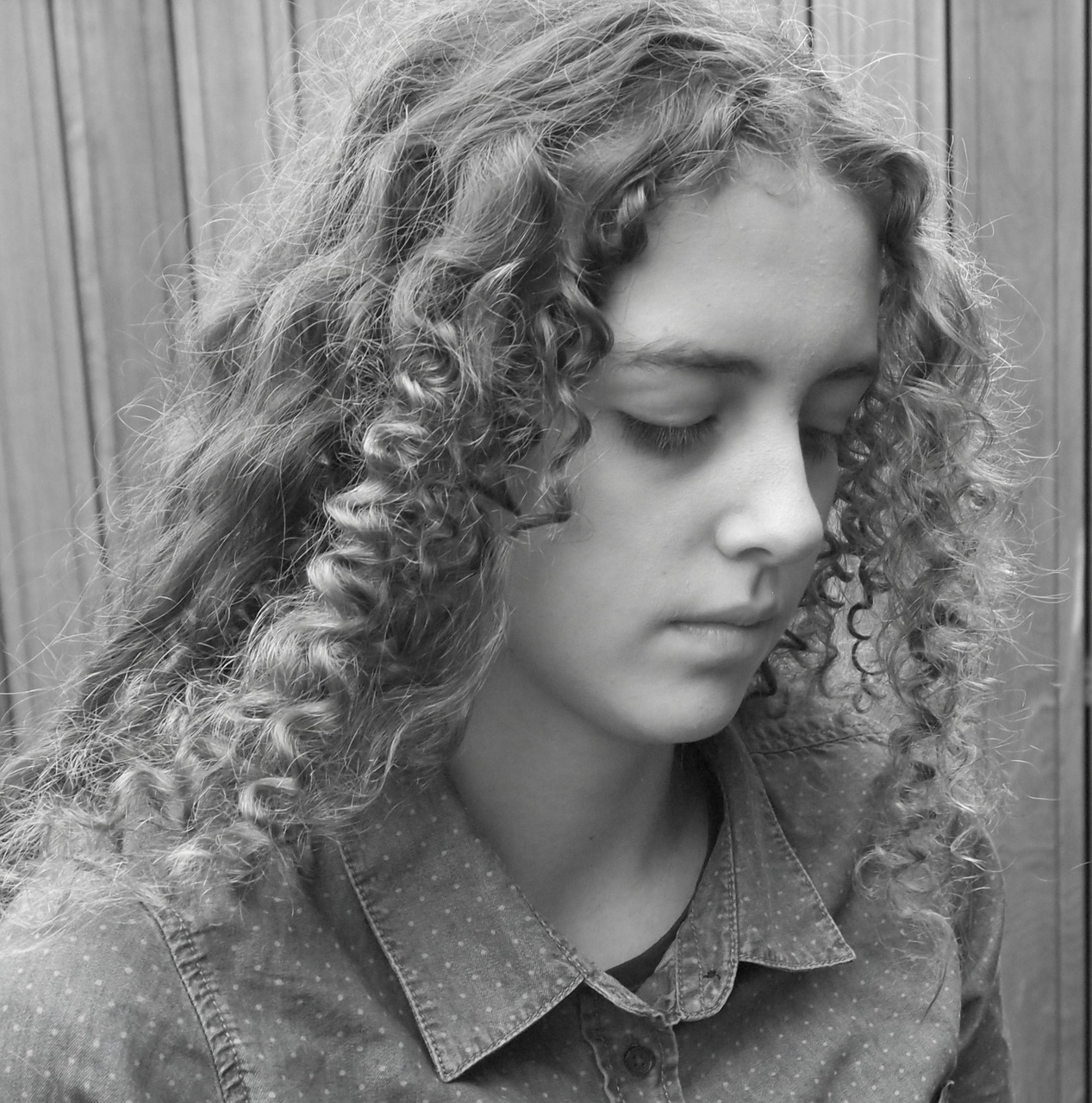
 Parents wonder what they could be doing to better help their kids navigate the sometimes-treacherous waters of their adolescent years. Fortunately, scientists who study teen depression have some preliminary advice.
Parents wonder what they could be doing to better help their kids navigate the sometimes-treacherous waters of their adolescent years. Fortunately, scientists who study teen depression have some preliminary advice.
 The Greater Good Science Center (GGSC) is part of University of California at Berkeley’s
The Greater Good Science Center (GGSC) is part of University of California at Berkeley’s 
 Adolescent Counseling Services teamed up with the Peninsula’s top mental health professionals to share their expertise on communication with teens.
Adolescent Counseling Services teamed up with the Peninsula’s top mental health professionals to share their expertise on communication with teens.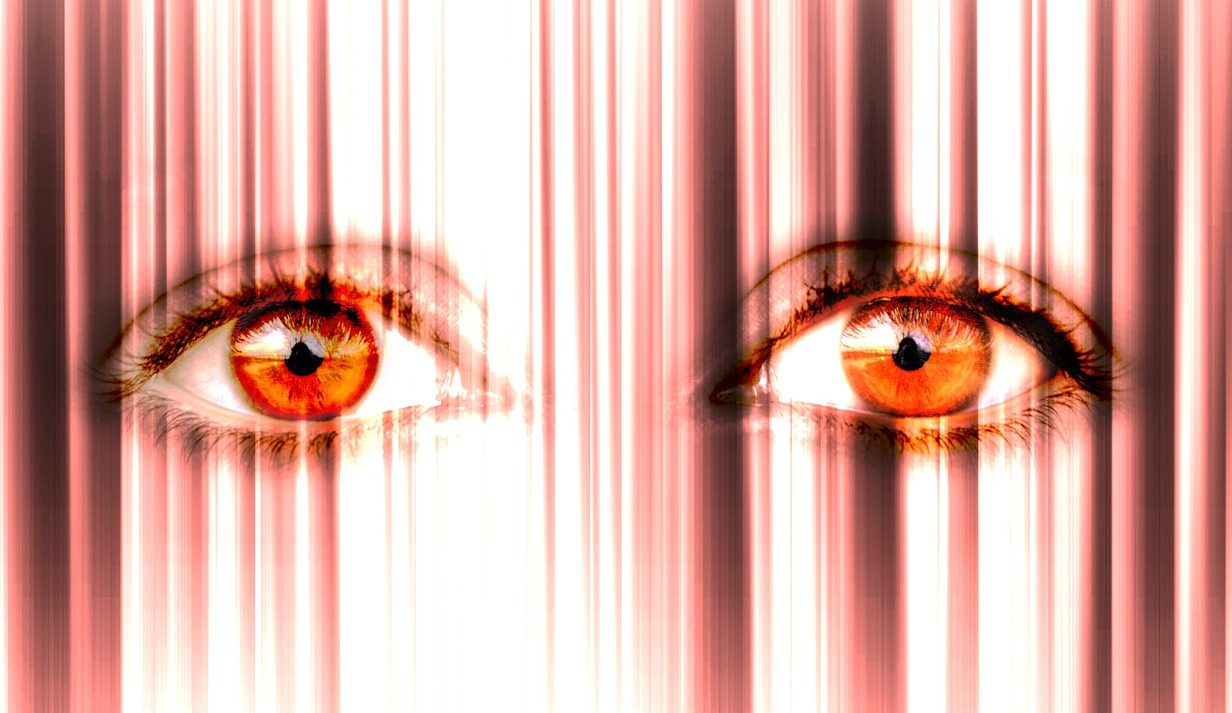
 What does it feel like to have a child with mental illness?
What does it feel like to have a child with mental illness?
 According to the CDC, as many as 70 percent of high school students do not get enough sleep.
According to the CDC, as many as 70 percent of high school students do not get enough sleep.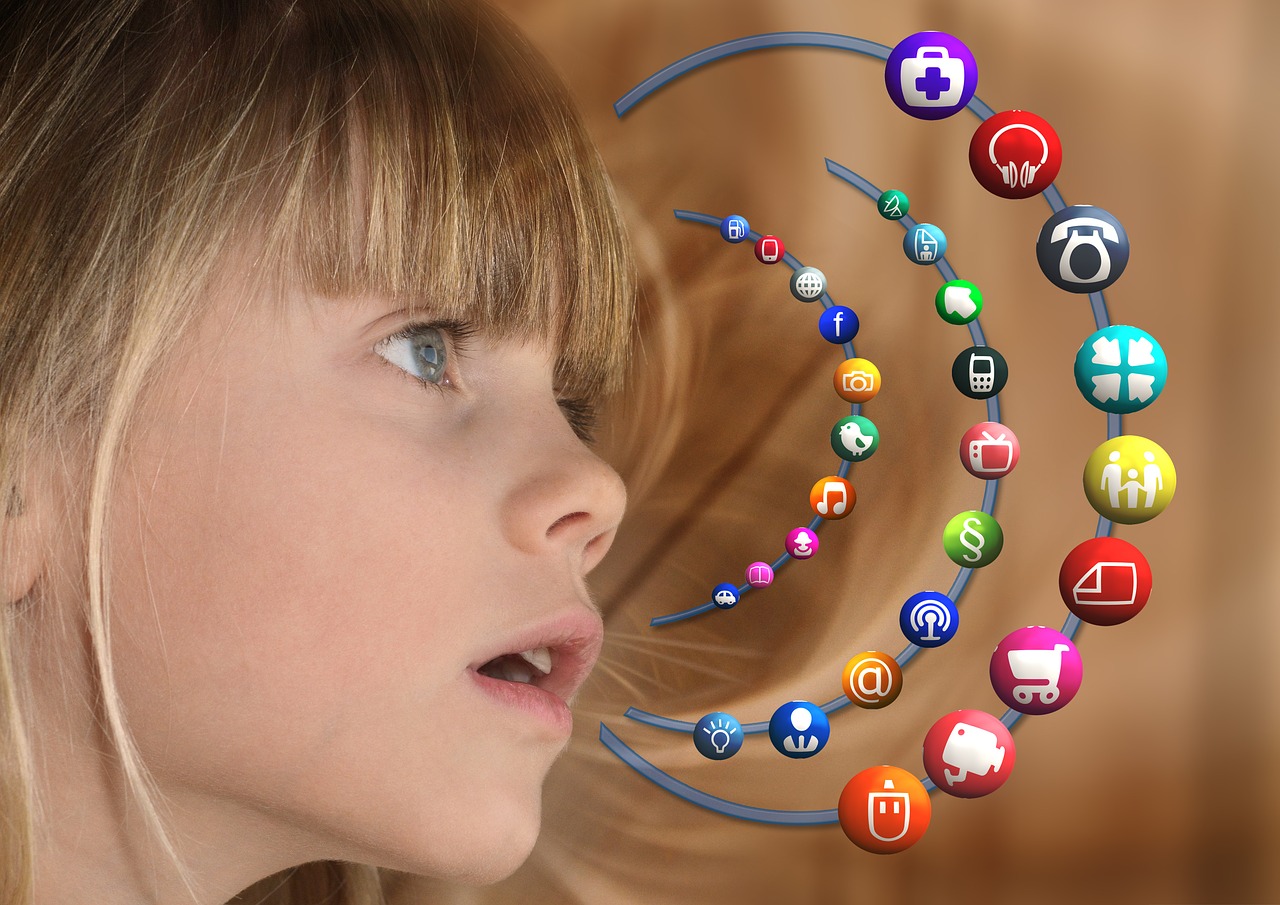
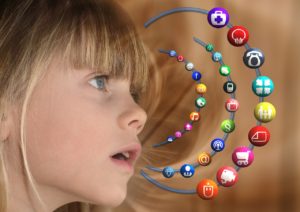 The Internet can be a wonderful resource for kids. They can use it to research school reports, communicate with teachers and other kids, and play interactive games. Kids who are old enough to swipe a screen can have access to the world. But that access can also pose hazards.
The Internet can be a wonderful resource for kids. They can use it to research school reports, communicate with teachers and other kids, and play interactive games. Kids who are old enough to swipe a screen can have access to the world. But that access can also pose hazards.
 According to Larry Magid, technology journalist and CEO and co-founder of
According to Larry Magid, technology journalist and CEO and co-founder of 

